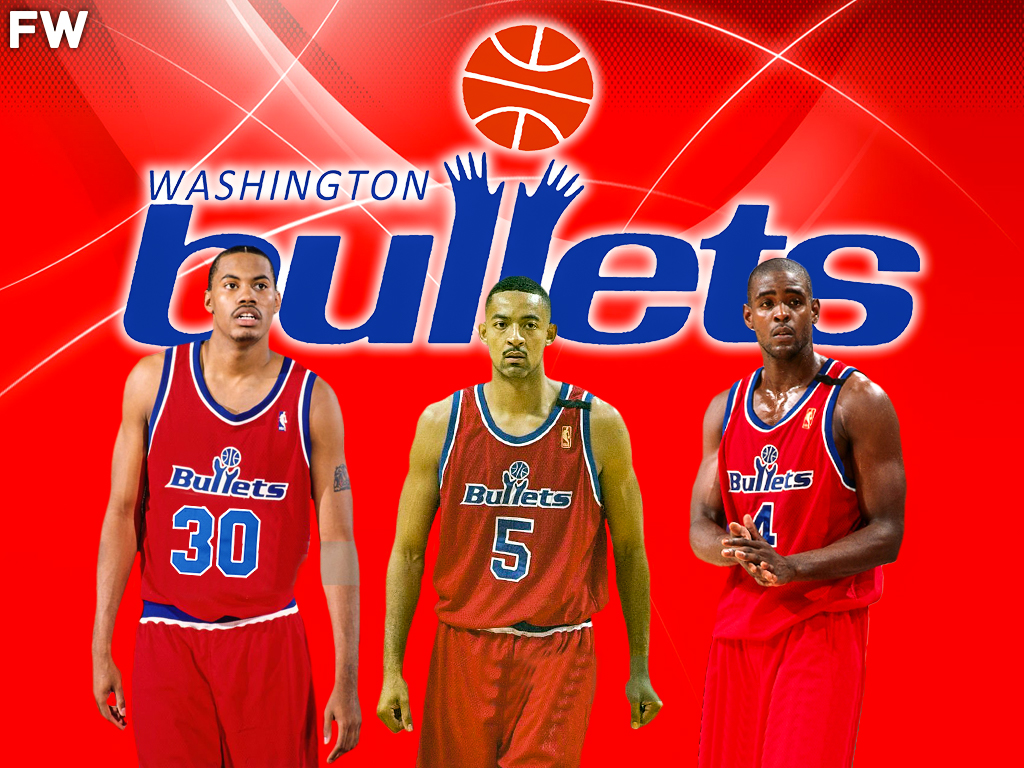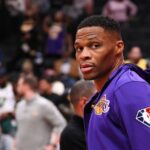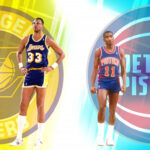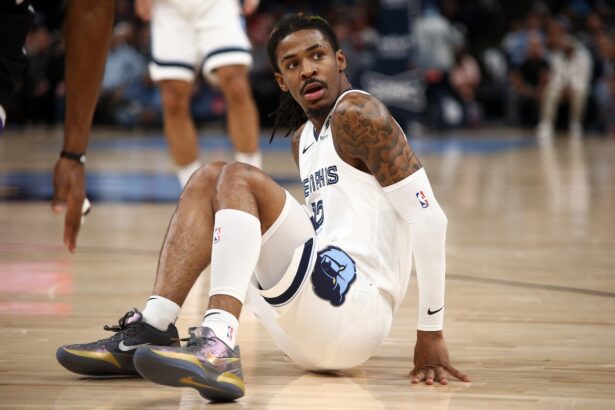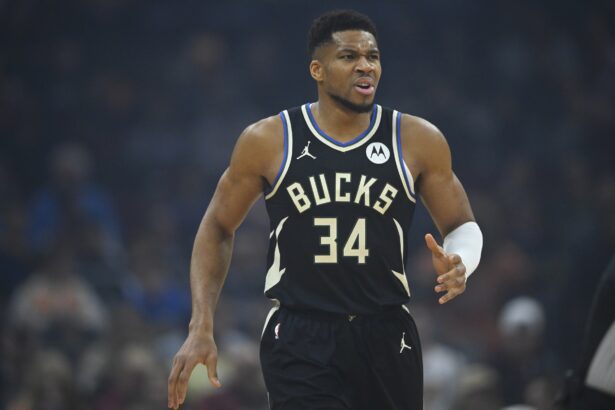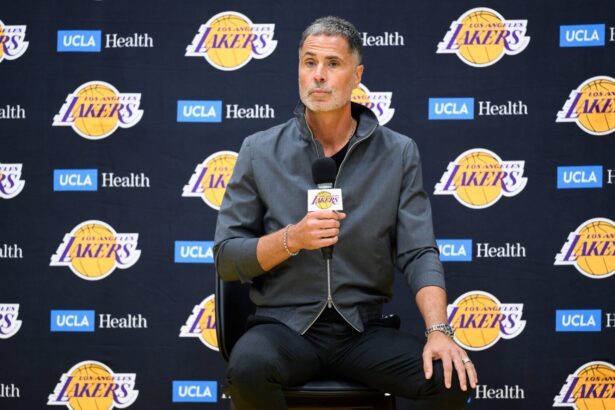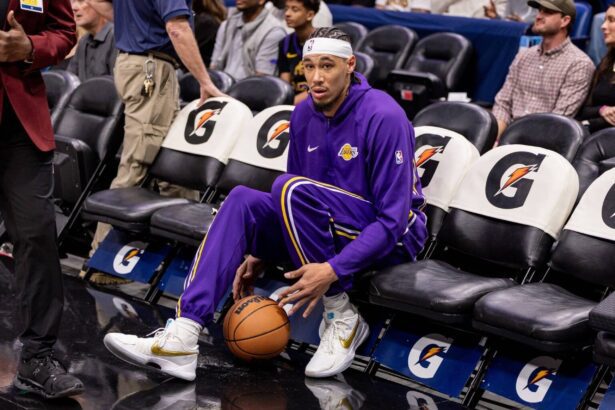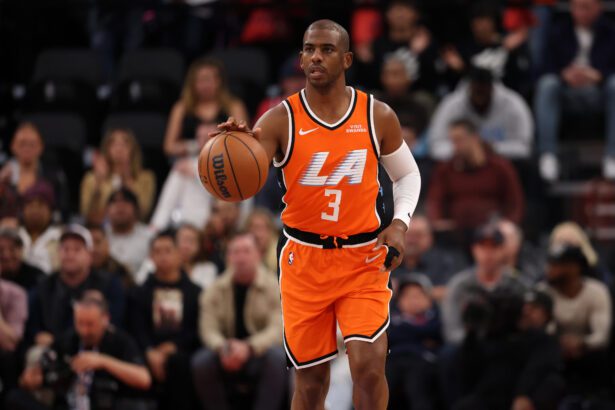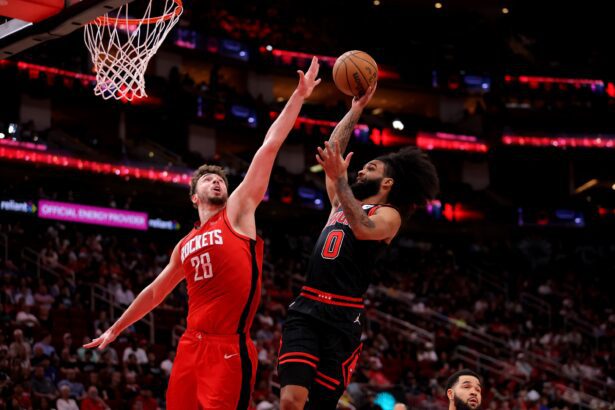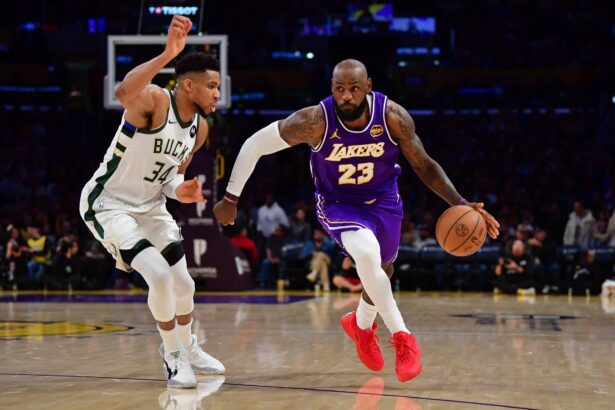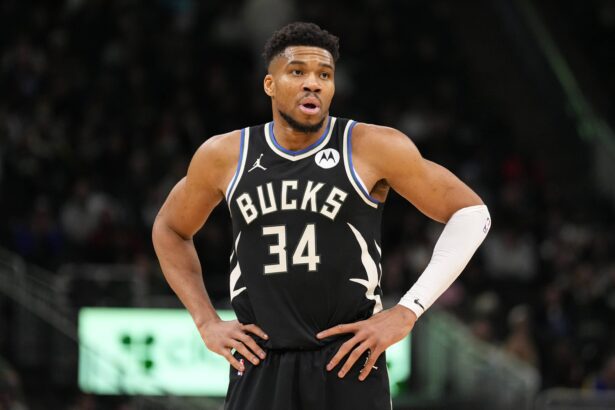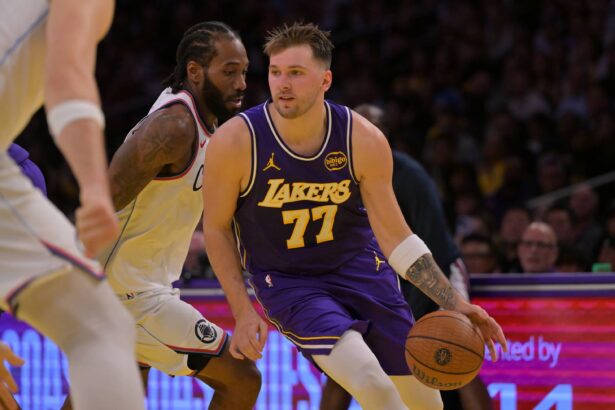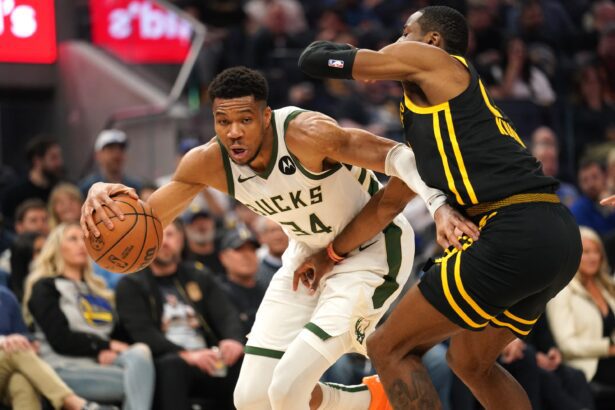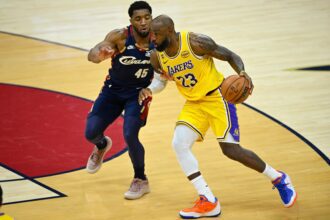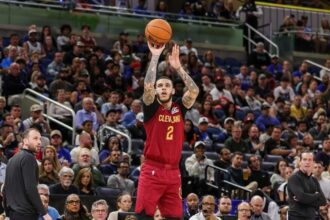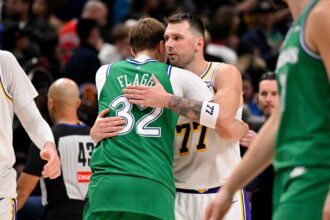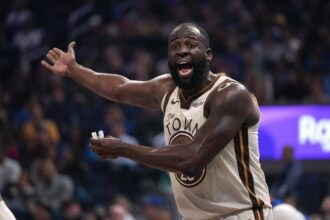The 1990s were a time when teams were scouring through stars to build the perfect superteam, which could be the next dynasty after the Chicago Bulls. While teams like the Orlando Magic and the New York Knicks had their go to be the next in line, none of them ever really could assert their dominance.
Perhaps a sleeper pick of a team who had all the potential to be a world-beater in the 1990s was the Washington Bullets. Featuring players like Chris Webber and Juwan Howard, the Bullets drafted an exciting forward in Rasheed Wallace in 1995. While the team finished with a 39-43 record, there were some encouraging signs from the unit.
While Howard and Webber led the way in scoring, Wallace showed potential in limited minutes, chipping in with 10 points per game. Given that no one in the trio was older than 22, the Bullets were perhaps one of the most exciting teams in the league. While the core looked set for the future, the Bullets made a puzzling move in the 1996 offseason.
Trading away Rasheed, the team brought in Harvey Grant and Rod Strickland. Wallace recently spoke about his frustration with the organization due to the trade.
“For the first 30 seconds, I was heated. I saw the potential we had… I was mad”
While the Bullets’ big three did not hit the ground running, the potential for this young team was off the charts. While Washington did not give him enough time to showcase his skills, Wallace transformed into a star forward with Portland and eventually joined the Detroit Pistons, where he won a championship.
As for C-Webb, he also enjoyed some great seasons with the Sacramento Kings and even made it all the way to the Western Conference Finals, only losing to the Los Angeles Lakers led by Kobe Bryant and Shaquille O’Neal.
The trio of Howard, Wallace, and Webber could have been the most intimidating team out there, but some questionable decision-making by the organization might have resulted in the collapse of a probable dynasty.

